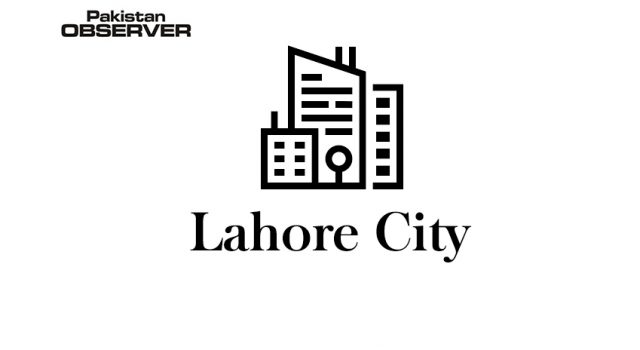The Pakistan Industrial & Traders Associations Front has shown its anger over the central bank’s decision to keep the benchmark interest rate unchanged for the third consecutive time at the eight-year high of 13.25% for the next two months, disappointing the whole trade and industry which was expecting reduction in the key policy rate in view of some stability in economic indicators.
PIAF chairman Mian Nauman Kabir, in a joint statement along with senior vice chairman Nasir Hameed and vice chairman Javed Iqbal, said that in the monetary policy announcement in Sept and again in Nov 2019 the SBP kept the interest rate unchanged at 13.25 %, creating hardships in access to finance for the business community as a whole and for SMEs in particular.
Mian Nauman Kabir observed that we are shocked at the bank’s decision of statuesque, which will hit the economy, compromising the industrial growth and making the exports further uncompetitive in the world markets.
He urged the State Bank of Pakistan to cut down the discount rate in forthcoming monetary policy, bringing it to a single digit, ensuring availability of cheaper money to cash-starved private sector, besides encouraging the potential foreign investors for investment in Pakistan.
He said that the cost of doing business and cost of production have shot up to the level of un-competitiveness. Under this, the cost of borrowing is huge and capital financing become more expensive.
Mian Nauman Kabir said that the State Bank approach toward monetary policy had been rather conservative and is based on its own analysis of the situation.
The continued tight monetary policy in the past has paid some dividends in reviving economic and financial stability but in view of the latest internal and external development, the SBP approach from now onwards should be beneficial to both the businessmen and the general public.
The government must come up with concrete policies to reduce rampant corruption in state-owned organisations, eradicate poverty and unemployment.
He urged the governor SBP to review all other economy related banking policies and facilitate the private sector that was engine of the growth.
Senior vice chairman Nasir Hameed observed that such initiatives also result in job creation, leading to increased employment opportunities. Such financing helps businessmen enhance their working capital and better manage their inventory, he added. He believes the decrease in borrowing costs coupled with the decline in energy price may raise the exports by 15 to 20 per cent in times to come.
Vice chairman Javed Iqbal said that lower interest rate triggers borrowing and investments.
He added that excessive use of bank borrowing by the government led to excessive rate of inflation, reduced the supply of credit to the private sector and increased the nominal lending rates, reflecting high inflation, attractive return offered by the government and high interest rate spread.
He stated that the SBP would have to make a large cut in interest rate for the revitalisation of the country’s economic growth. However, the cut in discount rate by 100 basis points would definitely yield some positive impact. Javed Iqbal said that Pakistan has no employment generation, as industries are being closed down and non-performing loans are rising, posing a threat to industrial growth.









